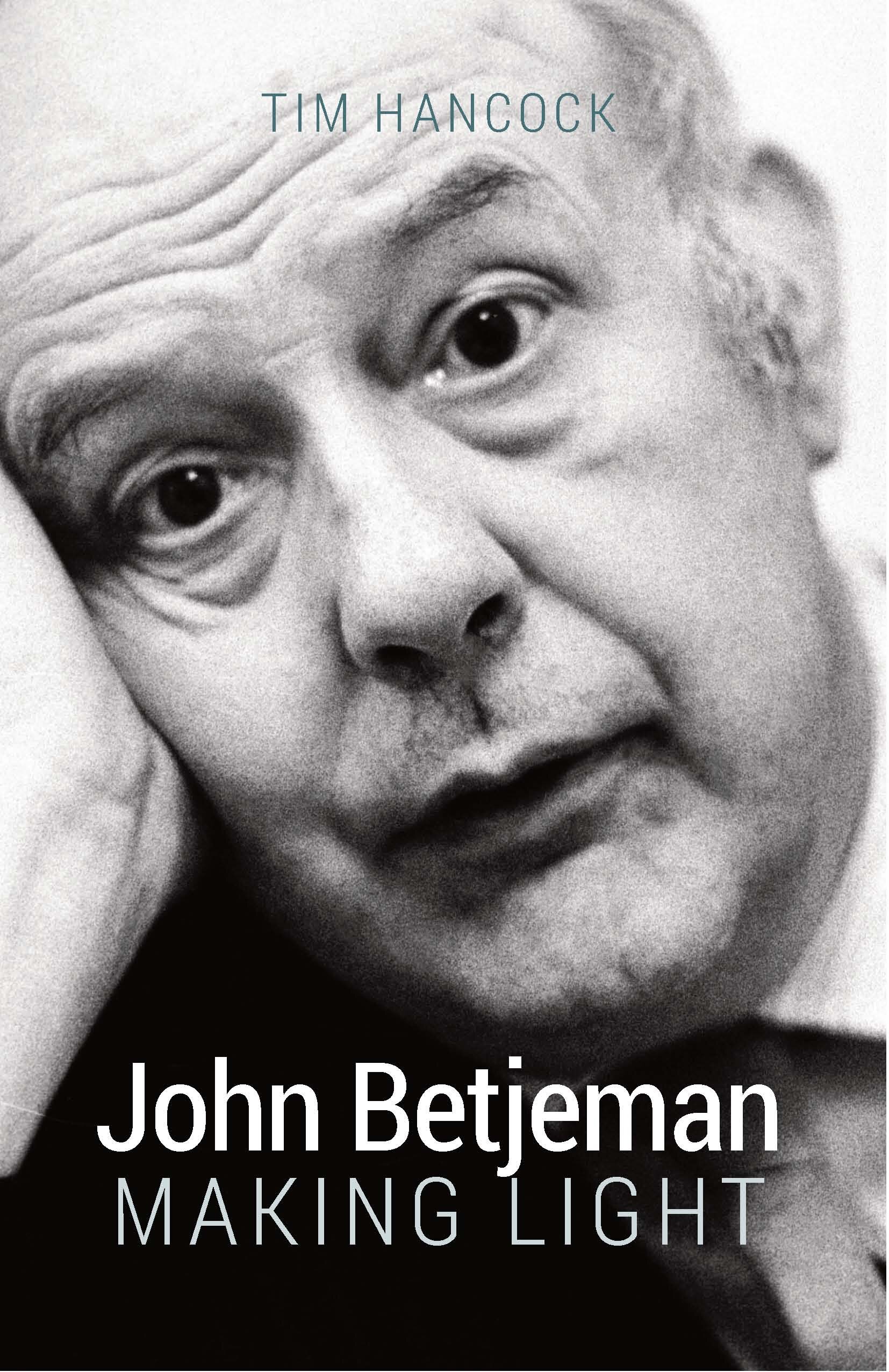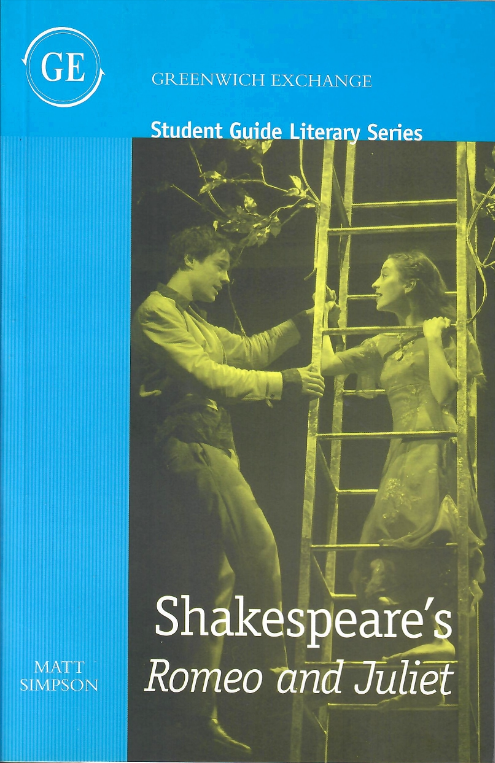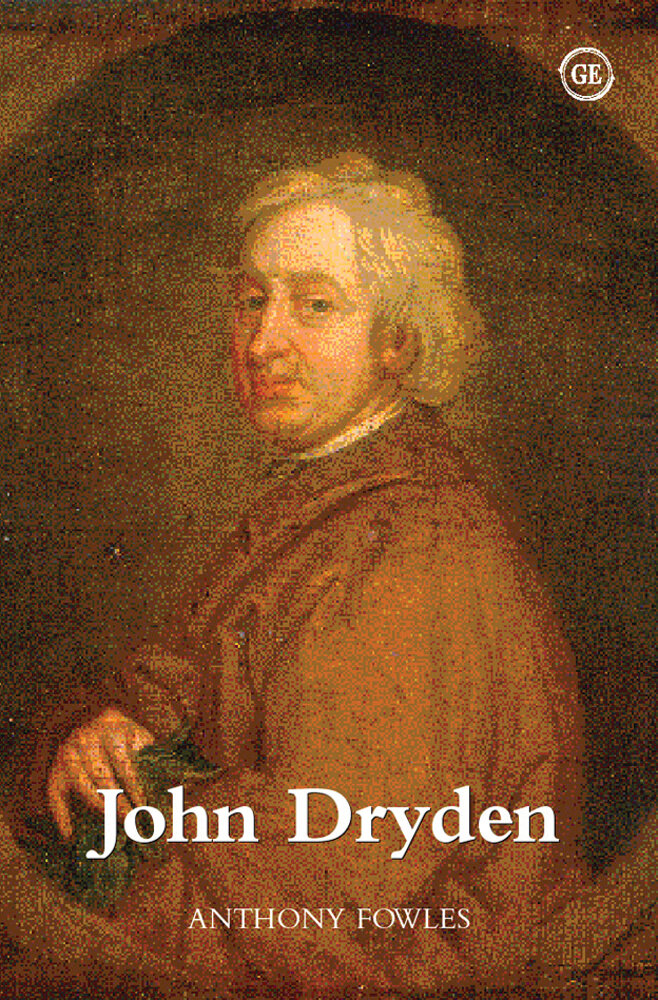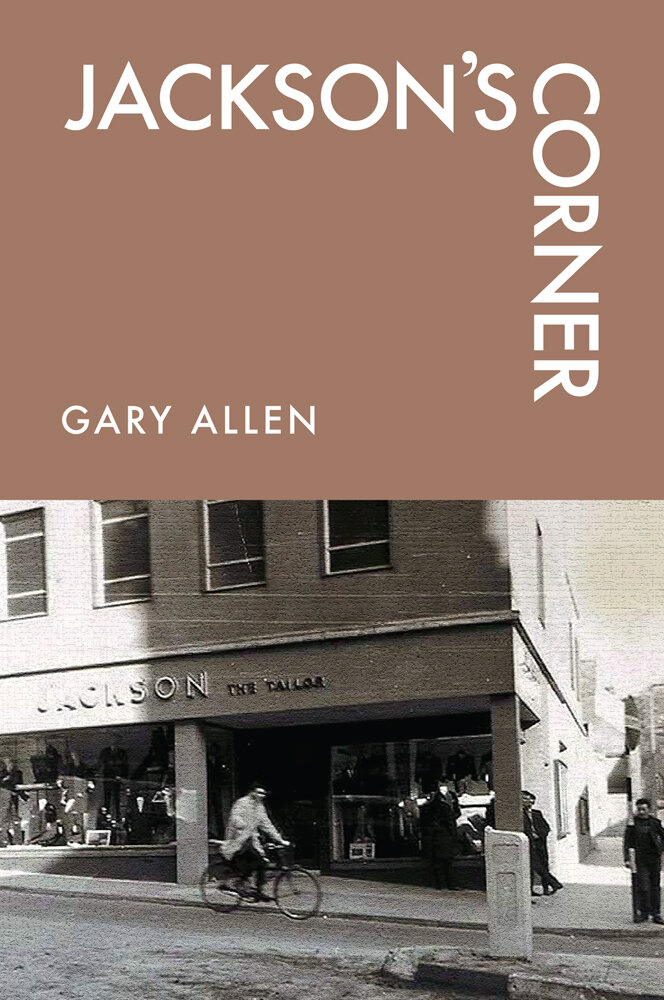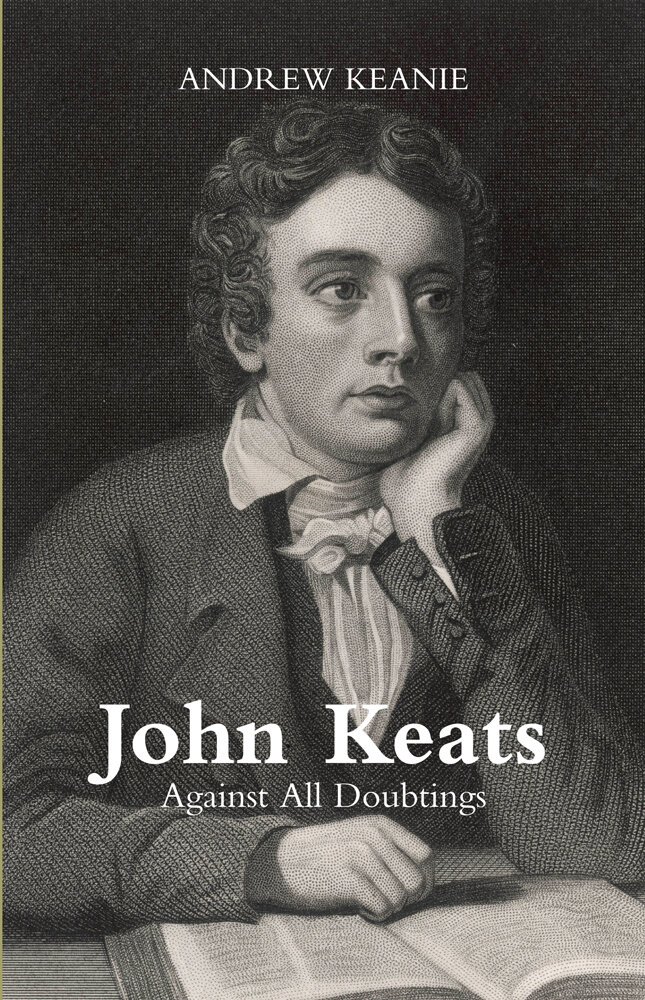 Image 1 of 1
Image 1 of 1


John Keats: Against All Doubtings
Having identified him as a sort of semi-educated little cockney chancer, Keats's contemporary reviewers savaged him in the pages of Britain's most influential magazines. High ambition, unaccompanied by high birth, and radical affiliations and liberal inclinations, made him an object of contempt to those of, or aping the opinions of, the literary Establishment. In the short term, he never stood a chance.
Long after his death, his reputation was eventually brightened by much more enthusiastic - if, as some have since argued, misguided - appreciations for his beautiful and powerful otherworldliness.
Later still, in reaction to Keats-lovers' gushing admiration, a much more worldly Keats has been written up - including some bracing insights that seem to owe something to his first reviewers. As Martin Seymour-Smith has said, 'Many privately regard [Keats] with a condescension that is more smug than they would like to admit.'
This largely text-focused study promotes the best energies of a more Romantic view of a key Romantic figure. Keats was inspired and ill. By the time of his death, his genius and tuberculosis had pressurised him into poetry. The best he had to offer - including searching and scintillating confidences concerning how to live one's life in this world of suffering, 'the Vale of Soul-making' - are more accessible to the reader with a taste for poetry than they are to the consumer of ideologically appropriate journalism or ostentatiously unemotional academic analyses.
About the author:
Andrew Keanie is a lecturer at the University of Ulster. He is the author of articles on S.T. Coleridge and Hartley Coleridge, student guides to Wordsworth, S.T. Coleridge, Byron and Shelley, a book on Wordsworth and Coleridge, and the first full-length study of Hartley Coleridge since 1931. He is a poet and musician, and lives in Derry with his wife and daughter.
110 pages
ISBN: 978-1-906075-75-0
Having identified him as a sort of semi-educated little cockney chancer, Keats's contemporary reviewers savaged him in the pages of Britain's most influential magazines. High ambition, unaccompanied by high birth, and radical affiliations and liberal inclinations, made him an object of contempt to those of, or aping the opinions of, the literary Establishment. In the short term, he never stood a chance.
Long after his death, his reputation was eventually brightened by much more enthusiastic - if, as some have since argued, misguided - appreciations for his beautiful and powerful otherworldliness.
Later still, in reaction to Keats-lovers' gushing admiration, a much more worldly Keats has been written up - including some bracing insights that seem to owe something to his first reviewers. As Martin Seymour-Smith has said, 'Many privately regard [Keats] with a condescension that is more smug than they would like to admit.'
This largely text-focused study promotes the best energies of a more Romantic view of a key Romantic figure. Keats was inspired and ill. By the time of his death, his genius and tuberculosis had pressurised him into poetry. The best he had to offer - including searching and scintillating confidences concerning how to live one's life in this world of suffering, 'the Vale of Soul-making' - are more accessible to the reader with a taste for poetry than they are to the consumer of ideologically appropriate journalism or ostentatiously unemotional academic analyses.
About the author:
Andrew Keanie is a lecturer at the University of Ulster. He is the author of articles on S.T. Coleridge and Hartley Coleridge, student guides to Wordsworth, S.T. Coleridge, Byron and Shelley, a book on Wordsworth and Coleridge, and the first full-length study of Hartley Coleridge since 1931. He is a poet and musician, and lives in Derry with his wife and daughter.
110 pages
ISBN: 978-1-906075-75-0


